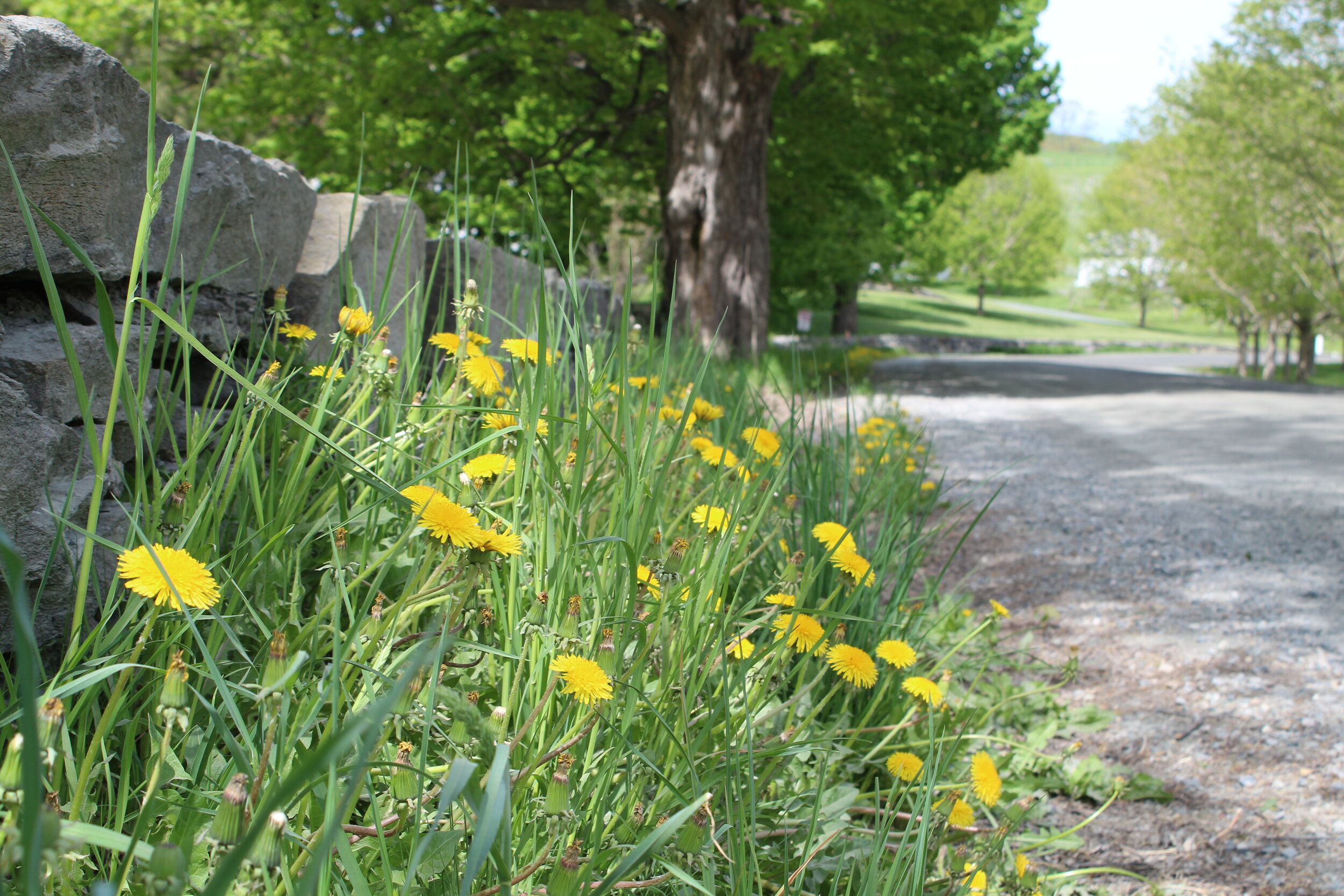Building on progress
History has a way of establishing landmarks of progress, and reminding us to follow them and build on those accomplishments.
History has a way of establishing landmarks of progress, and reminding us to follow them and build on those accomplishments. In recent weeks, that cycle has certainly returned.
Last month, the nation honored the late civil rights leader U.S. Rep. John Lewis. Americans remembered what Lewis and others accomplished through their determination and perseverance — efforts that led to the Voting Rights Act of 1965, a crucial part of the civil rights movement. In honoring Lewis, many acknowledged the progress that’s still needed on race and equality following the killing of George Floyd, which sparked protests across the globe.
Then history was to make another appearance. On Tuesday, the country marked 100 years since women in the U.S. won the right to vote, with the ratification of the 19th amendment. Recent controversies around voting laws in certain states, coupled with this year’s turmoil around the Postal Service and the election, show the need to remain always vigilant and defend the right to vote. No progress won should be taken for granted; it requires advocacy and defense. In fact, as many have noted, the 19th amendment didn’t help everyone, as it never addressed racial barriers to voting. No such legislation would appear until the historic legislation of 1965.
Overall, the year 2020 presents a convergence of need around numerous issues, and new landmarks are being demanded on the issues of race relations and access to the vote. No one of us has the answer alone, but together it is important to keep making our voices heard at this important time in our nation’s history. To make progress, we need to rally our compassion, seek a better understanding of each other, and take united steps forward.
I can think of no better way to conclude, than to share again these inspired words by John Lewis, which reflect a key part of progress:
“When you see something that is not right, you must say something. You must do something.”
— Gareth Henderson
Seeking real change
As the U.S. looks to find its way through the aftermath of the tragic death of George Floyd, Vermont’s leadership offered a statewide perspective today and announced steps forward.
A couple crosses Elm Street in Woodstock, Vermont. (Gareth Henderson Photo)
As the U.S. looks to find its way through the aftermath of the tragic death of George Floyd, Vermont’s leadership offered a statewide perspective today and announced steps forward.
Gov. Phil Scott’s press conference came after Sunday night’s protests, riots and looting throughout U.S. cities, including nearby Boston. It came a week after Scott and the Vermont State Police condemned the actions of police in Minneapolis that caused Floyd’s death.
On Monday, Scott called on all Vermonters to consider what they can do to address the issue of racial inequality.
“We must all make clear, enough is enough,” he said.
Scott also urged people to understand the history that led up to this point.
“While we’re watching the response across the country, it’s important to reflect on a quote from Dr. Martin Luther King, who said, ‘A riot is the language of the unheard.’ They simply don’t know what else to do,” he said. “And for those who see the national protests and feel disdain instead of sympathy, just know, the reactions we’re seeing in cities around the country are the results of decades, actually centuries, of calls for help that went unheard.”
The governor called Floyd’s death at the hands of police “barbaric and totally inexcusable,” saying the officers involved should be charged and tried for murder (one officer is facing a murder charge; three others were fired). Scott also mentioned the recent, and peaceful, protests which occurred in Vermont.
“I assure you, we’re listening. We hear what you have to say,” he said, asking that future protests also be done “peacefully and safely,” especially amid the pandemic.
Scott said we all should remember this about Floyd’s death: “It’s not an isolated incident.” Therefore, he added, just listening is not enough — action needs to be taken.
On Monday, Scott announced the launch of a statewide Racial Equity Task Force, which had already been in the works for several months. He said the task force will:
Look at the disparities among COVID-19 infection and death rates and examine how to close those gaps.
Evaluate available supports for racially diverse populations.
Review current state and federal law on hate speech.
Contemplate ways to encourage Vermonters from a range of racial and ethnic groups to run and serve in public office at all levels.
The governor acknowledged the task force, the members of which will be announced next week, is not the whole solution.
“It’s going to take some soul-searching and real change, individually, to make a difference,” Scott said. “We should take this time to reflect on what role each of us can play to end hate, racism and bigotry. And for those of us who are white, and not typically the victim of it, we have to take a very close look, because the reality is, it’s everywhere, even here.”
Scott said hate and inequality pose a bigger long-term risk to the nation than even COVID-19. But we have the opportunity to address it, together.
“It just takes us, united, to make this a better country for everyone,” he said.
— Gareth Henderson



